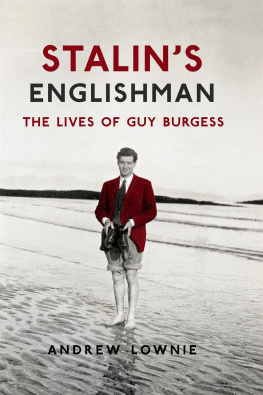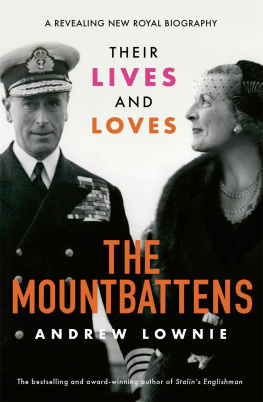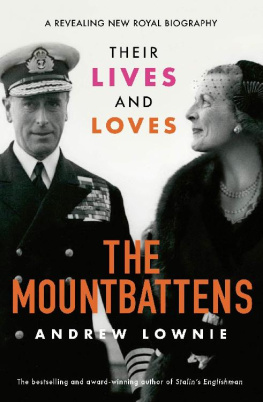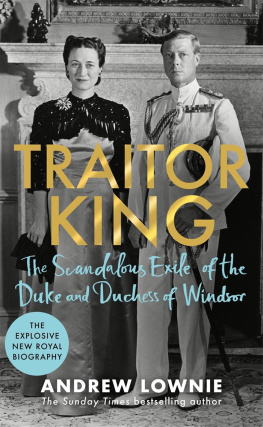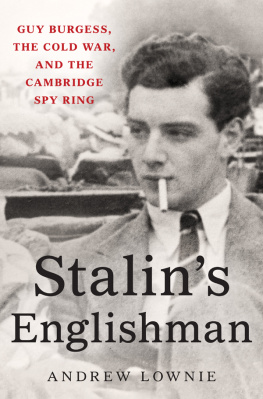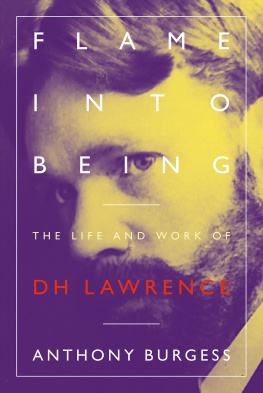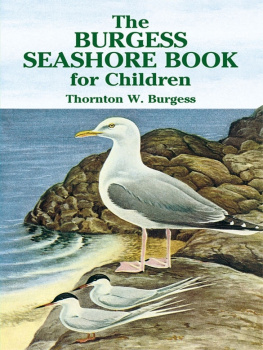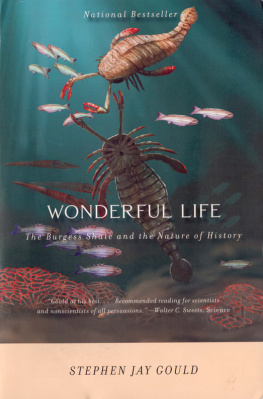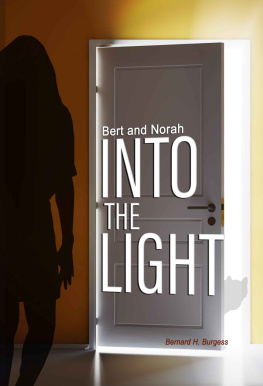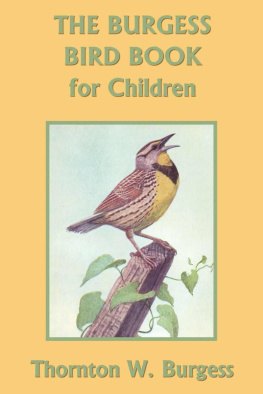
www.hodder.co.uk
Guy Burgesss drawing for the Eton College magazine,
The Phoenix, November 1931.
About the Author
Andrew Lownie first became interested in the Cambridge Spy Ring when, as President of the Cambridge Union Society in 1984, he arranged an international seminar on the subject. After graduating from Cambridge University, where he won the Dunster Prize for History, Lownie went on to take a postgraduate degree in history at Edinburgh University. He is now a successful literary agent, and has written or edited seven books, including a biography of John Buchan.
First published in Great Britain in 2015 by Hodder & Stoughton
An Hachette UK company
Copyright Andrew Lownie 2015
The right of Andrew Lownie to be identified as the Author of the Work has been asserted by him in accordance with the Copyright, Designs and Patents Act 1988.
All rights reserved.
No part of this publication may be reproduced, stored in a retrieval system, or transmitted, in any form or by any means without the prior written permission of the publisher, nor be otherwise circulated in any form of binding or cover other than that in which it is published and without a similar condition being imposed on the subsequent purchaser.
A CIP catalogue record for this title is available from the British Library
ISBN 978 1 473 62739 0
Hodder & Stoughton Ltd
338 Euston Road
London NW1 3BH
www.hodder.co.uk
Contents
Preface
Ever since Guy Burgess and Donald Maclean fled to the Soviet Union in 1951 , there has been a plethora of books on the Cambridge Spies, each one attempting to fill in another part of the jigsaw, to try and understand how not just these two men but others names gradually revealed over the years were drawn, in spite of their privileged backgrounds and Establishment positions, to spy for a country whose values were so different from their own.
Of the members of the Cambridge Ring, Burgess has exerted perhaps the greatest fascination, not least because no one has known how seriously to take him. Reviewing A Chapter of Accidents , the memoir of Guy Burgess by his friend Goronwy Rees, the novelist Isabel Quigley felt him to be:
A fictional-sounding character, Burgess: attractive, brilliant, amusing, outrageous, living in a dream world and enacting his own fantasies there; also a drunkard, smelly, grubby, exhausting, munching garlic or barbiturates as if they were humbugs, and sexually so promiscuous and so voracious that he sounds like some strip-cartoon character, a traitor to his country yet, in his devious subterranean way, true to principles it must have been hard to discern under Stalinism. A modern tragic hero or just a contemporary clown?
Goronwy Rees himself admitted: I am very far from thinking my story tells the whole truth about him; it would be impossible for any one person to give anything except a very partial and incomplete account of a character so complex and so contradictory and with such a passion for devious and obscure ways.
Burgess is certainly the most complex and enigmatic of the Cambridge Spies, a man of enormous contradictions and complexities. Regarded as louche, unreliable and often unemployable, he nevertheless managed to penetrate such bastions of the Establishment as the BBC, the Foreign Office and MI, to earn the respect of Winston Churchill, Neville Chamberlain and Anthony Eden, and to use his position to pass on crucial secrets over a period of fifteen years. For every person who was repelled by his scruffiness and selfishness, there was another who was enchanted by his charm, intelligence and kindness.
Yet while there have been several full biographies of the other members of the Cambridge Spy Ring Kim Philby, Donald Maclean and Anthony Blunt there has been little specifically on Burgess. The gap in the literature is understandable. Burgess died some twenty-five years before his fellow spies, few in the West had any contact with him after 1951 and little of his correspondence has survived. He has, therefore, hitherto been a mystery, the joker in the pack of the Cambridge Spy Ring.
Drawing on over twenty years of research in archives around the world, interviews with over a hundred people who knew Burgess most of whom had never spoken before and are now dead and secret files released under Freedom of Information requests on both sides of the Atlantic, this book presents a completely new picture of Guy Burgess the idealist, the spy, the traitor and the man, arguing he was the most important of the Cambridge Spies.
It charts the story of the rich, well-connected and brilliant Cambridge student from his childhood in Hampshire to his tragic-comic exile in Moscow. It covers his excessive drinking, outrageous behaviour, promiscuous private life, as well as his friendships with, amongst others, John Maynard Keynes, Cyril Connolly, Isaiah Berlin, W.H. Auden, E.M. Forster, Dylan Thomas, Stephen Spender, Christopher Isherwood, Lucian Freud, George Orwell, Michael Redgrave and Frederick Ashton. An Englishman at heart, and in some ways (mostly sentimental ones) a patriot, he is now remembered simply as a spy and a traitor to his country.
Many questions intrigue about Guy Burgess. Why did a man from the very heart of the British Establishment seek to betray it by becoming a Soviet agent? How was he recruited and run? Why was he not discovered until after his flight in 1951 ? What information did he provide? How far did he change the course of twentieth-century history? Are there still further spies to be revealed? The answers to these questions and many more can be found in this book.
Prologue:
Full Circle: Saturday, October 1963
In the descending gloom of an autumn evening, a small funeral party has gathered in the graveyard of the church of St John the Evangelist, a Gothic edifice faced with knapped, squared flints and roofed in blue slate, which stands in the Hampshire village of West Meon. It is a pleasant, sleepy, ancient spot, where a succession of churches have stood since the twelfth century.
Around the funeral party stand lichened gravestones dating back more than four centuries. The buried include William Cobbett, the radical pamphleteer, and Thomas Lord, the cricketer and founder of the cricket ground in St Johns Wood that bears his name. To the north of the church and about three-quarters of the way up a shallow embankment is a low grave with a cross, and it is here in the evening darkness that the funeral party stand.
There are just five of them. The Reverend John Hurst has been vicar here since 1950 . Beside him is a slim man of fifty wearing spectacles, and with him, his wife and his son who is in his early twenties. There are three wreaths the largest reads, For my darling, dearest boy with all my love, from Mum. The elderly mother is too ill to attend. Another is from the mans brother, Nigel, who is at the graveside, and the third is from a group of friends. It is a simple service with no music, hymns or sermon.
They have gathered in darkness to bury quietly the ashes of a son of West Meon a man as English as this place in which he spent his childhood, a man proud and fond of his country, yet a man who was also a traitor, a man so unwelcome here that even in death his remains must be interred in secret.
There was such strong feeling aroused, the Reverend John Hurst would recall many years later, that I thought some reporter might have followed Nigel down to West Meon when he brought the ashes, so I did not dig the hole for the casket till ten minutes before he was due to arrive. As he places the small casket into the hastily prepared hole, the vicar experiences an awkward moment: it isnt quite deep enough for the ornate vessel. There was a plaster spike on top, of which the tip was just level with the grass, so I broke off the tip and put it in my pocket.

